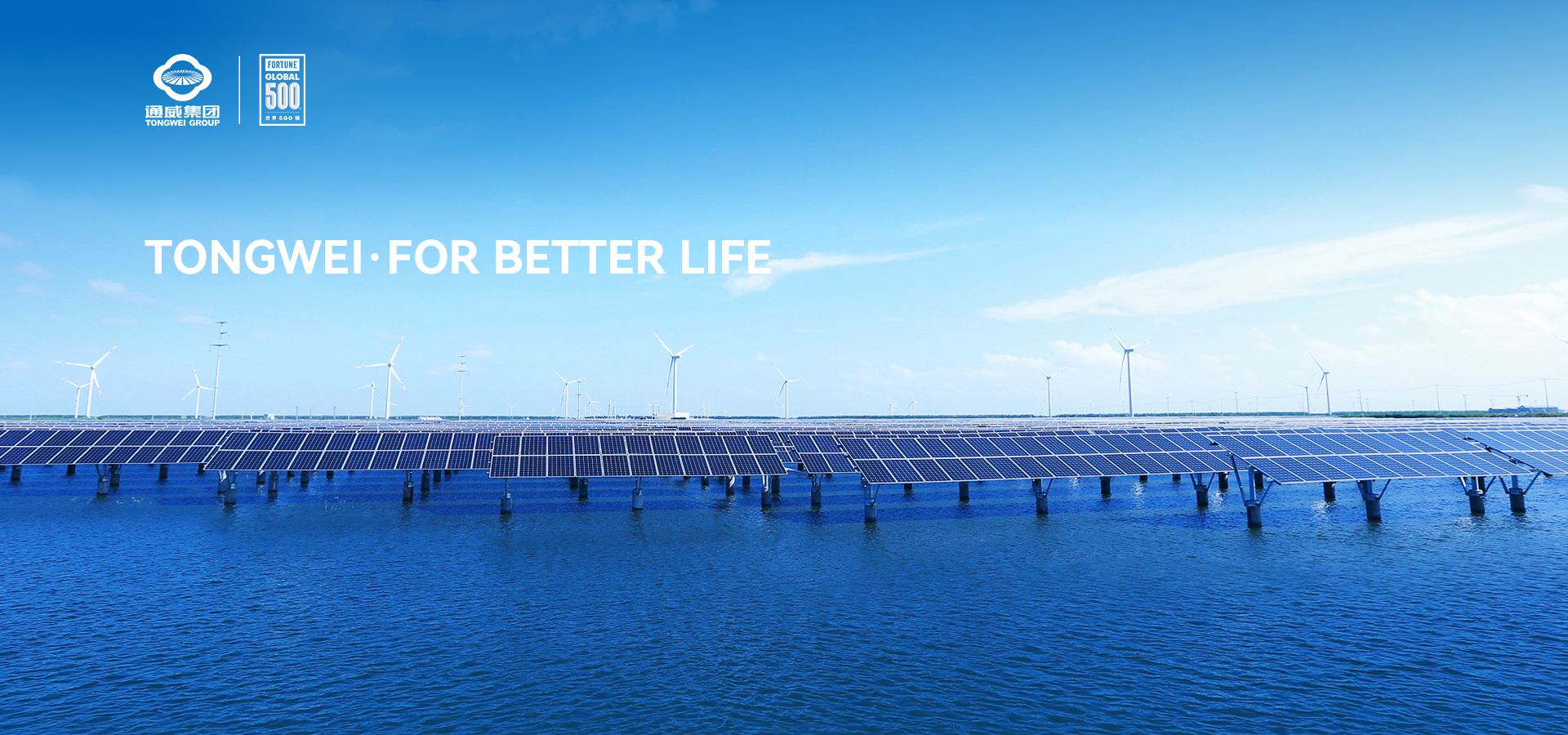2012-03-07
Standing committee member of the CPPCC, board chairman of Tongwei Group, Liu Hanyuan proposed to further expand domestic PV installed capacity and speed up PV generation infrastructure construction in Western China in order to fundamentally solve the problem of all energy consumption.
During the interview by reporters, Mr. Liu said, PV installations in 2011 reached 27.7GW, a 70% increase from the previous year, according to new figures released by the European Photovoltaic Industry Association (EPIA). Accumulated installations reached 67.4GW at the end of 2011, up from 39.7GW at the end of 2010. However, the EPIA warned that new markets outside Europe would need to be developed to sustain further growth in the coming decade. Europe continued to be the major market in 2011, accounting for 75% of all new capacity, according to the EPIA. The two biggest markets in 2011, Italy and Germany, account for nearly 60% of global market growth during the past year.
Mr. Liu said, energy is the indispensable material basis for human survival and development. Energy development and utilization is an important indicator of economic development, as well as scientific and technological level of an era or a country. It also has a direct bearing on sustainable economic development and people’s living standard. During China’s rapid rise during three decades of reform and opening up, the fundamental solution to China’s energy security problem, along with clean energy search and development have become major issues facing sustainable development, as well as existence and survival of human beings. These issues have vital realistic significance and far-reaching strategic security significance, especially for fast-developing China with a rapid increase of energy consumption. China’s per capita hold of resources, however, is lower than the global average.
In terms of the ratio of energy consumed by building a new power station and power generation within the station operation cycle, namely, energy input-output ratio, for solar power generation, it can currently achieve 10 – 15 fold, and 15 -20 fold in sunbelt areas; In terms of construction cost of solar power plants, as the application and promotion of solar power generation gets wider, the construction cost of solar power generation capacity of 1 kilowatt can possibly lower to about ¥10,000 RMB in 1 or 2 years; In terms of developable resource reserves, China’s biomass energy, hydropower, wind power is about 100 million kilowatts, 378 million kilowatts, and 253 million kilowatts respectively, whereas solar power is 2.1 trillion kilowatts. Developing 1% of its total can reach 21 billion kilowatts; In terms of current carbon emission from 1 kilowatt generation by several electricity generation means, disregarding the upstream links, the figure of coal is 304 g, oil is 204 g, natural gas 181 g, wind power 6 g, hydropower 20g, whereas solar power itself has zero emission during solar PV operation.
China’s solar PV installed capacity is likely to reach 10,000-20,000 megawatts by 2020, with the implementation of its solar photovoltaic roof plan and other supportive measures. Mr. Liu pointed out, it is necessary to further expand installed capacity, and promote PV generation infrastructure construction in Western China to fundamentally solve China’s energy consumption problem for its peaceful rising. Taking the lead in the new energy era, China needs to promote the industry’s development. This is not simply a matter concerning development of the trade or industry, but also the real benefit of Chinese People from solar energy – the most economical and eco-friendly sustainable energy. More importantly, developing PV industry can alleviate pressure on China’s resources, and it is the inevitable choice for China to ensure its energy security in the long run. Meanwhile, China’s vigorous development of PV industry can help itself establish a good image in environment protection, energy conservation and emission reduction in the world. This is not just an issue at energy security and economy level, but more importantly, at morality and sense of responsibility level. Furthermore, it is the necessary requirement of being a responsible global power. It is also the breakthrough point for China to re-model the world’s ethical standards and moral image during the process of the nation’s rise and development.

